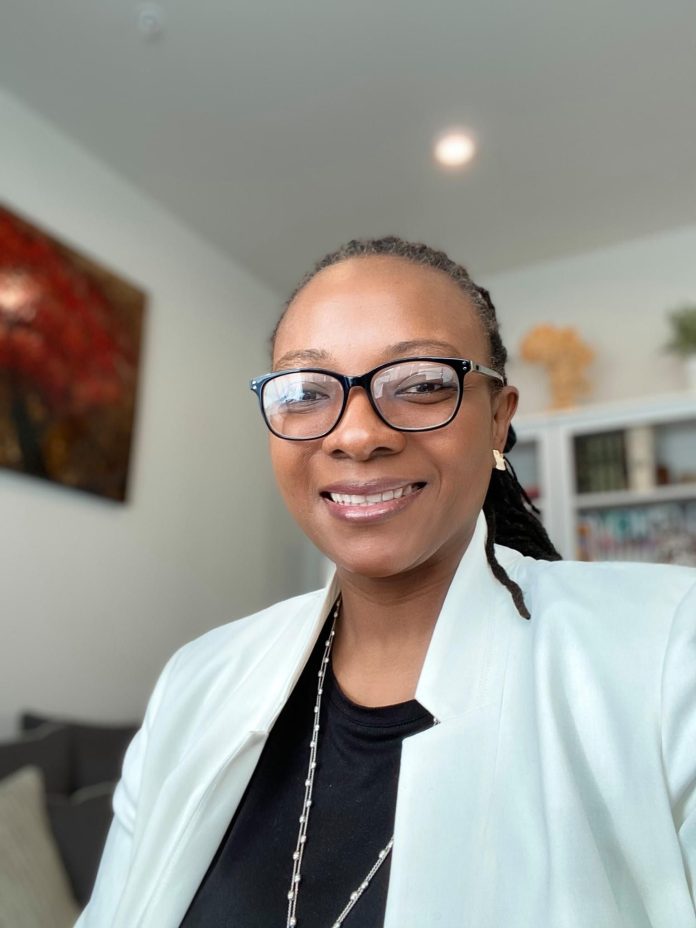By: Dr. Amina Sillah
As citizens worldwide rise up against oppression and demand accountable governance, Africa continues wrestling with difficult legacies of authoritarian rule and unchecked power. Our continent has seen valiant struggles for democratic reforms since the 1990s, as citizen movements dismantled many one-party states and long-entrenched dictators. We have built new institutions, held landmark elections, and taken shaky first steps toward open societies.
However, recent signs of democratic backsliding are sounding alarms that these hard-won gains remain precarious, as scholars like Nic Cheeseman have argued. The specter of tyranny still haunts Africa’s promising yet fragile democracies, as witnessed poignantly in The Gambia’s painful history and hopeful rebirth. We must nurture liberty vigilantly or risk its erosion. Since the fall of Yahya Jammeh’s dictatorship in 2016, the Gambia has made significant progress towards democracy. However, recent signs of democratic backsliding are sounding alarms that these hard-won gains remain precarious. One of the most concerning signs of democratic backsliding is the government’s targeting of the media and civil society organizations. In recent years, the government has cracked down on independent journalists and activists and has kept in place laws that restrict freedom of expression and assembly.
Elections are but the start of democracy’s journey – not the end goal. As Ruth First wrote amid apartheid South Africa’s sham democracy, “the techniques of appearing to consult the people” can mask profound undemocratic realities. Without strong oversight institutions like independent judiciaries, a free press, engaged civil society and norms of power-sharing across political divides, the soul of democracy withers even as its surface rituals endure. As The Gambia experienced under dictatorship, tyrants maintain a hollow facade of democracy while eviscerating its substance by suppressing dissent and capturing oversight institutions.
Yet Gambians resiliently rebuilt civic life after the dictator’s fall, embracing pluralism and pursuing accountability. Their struggle exposes how authoritarianism coats itself in democracy’s garb through sham elections, then slowly emasculates true representation from inside. It highlights democracy’s fragility but also its enduring appeal in citizens’ hearts. Unfortunately for the Gambia, the gains made by citizens is under threat. The continued presence of Jammeh’s supporters in positions of power is a huge red flag. Jammeh fled the country after his election defeat, but his allies still control key institutions, such as the security forces, National Assembly, and the judiciary. Further, institutions are weak and because of weak governance structure and corruption. This puts the burden on citizens to fend for themselves literally and figuratively as corruption makes it difficult for the government to deliver essential services and meet the needs of the people.
Across Africa, upholding electoral integrity, robust oversight bodies, and inclusive governance remain essential to secure democracies against tyranny’s latent threat, as Yusuf Bangura has analyzed. As rising authoritarianism worldwide demonstrates, democracy’s roots must reach deep into society and cannot be taken for granted as noted by Adekeye Adebajo. We must tend constantly to the saplings of self-rule planted through Africa’s rebirth, nurturing their growth into strong trees bearing fruit for generations to come. The future belongs to those willing to till the soil each day.
This is our chance to author a new story of freedom and responsibility. The work of democratization is ongoing – at times painful, slow, frustrating. But it is work we must embrace together, or risk history’s regression. By learning vigilance along with hope from those who sacrificed before us, we can secure democracy against tyranny’s shadows. The freedom we inherit as their legacy calls us to the continued struggle to perfect its promise in our time.





